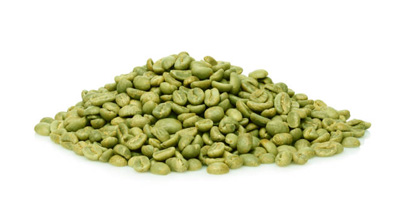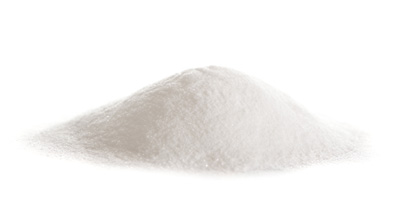Featured
Filter by Type
Adaptogens
(8)
Amino Acids
(13)
Botanical Extracts
(42)
Cholinergics
(4)
Nootropics
(13)
Mushroom Extracts
(14)
Vitamins and Minerals
(24)
Filter by Use
Blood Sugar Support
(13)
Cardiovascular Support
(22)
Digestive Support
(1)
Energy / Focus
(22)
Fitness / Exercise
(26)
Immune Support
(17)
Joint Support
(8)
Liver Support
(7)
Memory Support
(32)
Metabolic Support
(19)
Mitochondrial Support
(10)
Mood Support
(25)
Skin Health
(8)
Sleep Support
(17)
Filter by Tag
Antioxidant
Bio-Availability Enhancement
Blood Flow
Blood Sugar
blood sugar
Bone & Joint
Cardiovascular
cardiovascular
Cellular Function
Cognitive Function
cognitive function
cortisol
Cortisol
Digestion
digestion
Endurance
Energy
energy
exercise
Exercise Recovery
Eye Health
Focus
Heart Health
hormone
immune support
Immune Support
inflammation
Inflammation
Liver Function
liver function
Longevity
longevity
magnesium
memory
Memory
Metabolic Function
mitochondrial function
Mood
mood
neuroprotection
Neuroprotection
Pain Relief
pain relief
Physical Energy
Sexual Function
skin
Skin Health
sleep
Sleep
Stamina
Strength
stress
Stress
testosterone
Vitality
weight loss
Well-being
Upcoming
N-Acetyl-L-Tyrosine (NALT)

Key Benefits of N-Acetyl-L-Tyrosine (NALT)
- May supports mental energy and promotes alertness †
- May help offset mental and physical fatigue †
- Antioxidant properties
What is N-Acetyl L-Tyrosine?
N-Acetyl L-Tyrosine is an amino acid that is used in the production of neurotransmitters, and promotes cognitive well-being.
Typical Dose
350mg
Common Ranges
350 - 700mg
Dosage Ratio
1:1
Dosing Interval
Once a Day
Optimal Timing
Morning / Afternoon
Optimal Use
Empty Stomach
Taste Profile
Characteristic
Solubility
Water
Stability & Storage
Stable at room temperature. Not prone to clumping under normal conditions. Safety Information
Always check with a qualified healthcare professional before taking this supplement if you are pregnant, nursing a baby, under 18 years of age, or if you have any known or suspected medical condition(s) and/or are taking any prescription or OTC medication(s). Keep out of reach of children and pets. Disclaimer
This product is not intended to diagnose, treat, cure, or prevent any diseases. These statements have not been evaluated by the Food and Drug Administration. Supplements are not a substitute for a healthy, varied diet.
Stable at room temperature. Not prone to clumping under normal conditions. Safety Information
Always check with a qualified healthcare professional before taking this supplement if you are pregnant, nursing a baby, under 18 years of age, or if you have any known or suspected medical condition(s) and/or are taking any prescription or OTC medication(s). Keep out of reach of children and pets. Disclaimer
This product is not intended to diagnose, treat, cure, or prevent any diseases. These statements have not been evaluated by the Food and Drug Administration. Supplements are not a substitute for a healthy, varied diet.
There are no reviews yet.
£0.10 / gram
Primary Effects / Benefits
Energy Mood Cognitive Function Memory Stress What is the Primary Effect Index?Similar Ingredients by Tag
Stress Memory Mood Cognitive Function EnergyRelated Ingredients
-

Zinc Picolinate (20% Zinc)
Immune Support Sleep Stress Metabolic Function -

Red Reishi Mushroom Extract 8:1
Immune Support Sleep Antioxidant Metabolic Function -

Vitamin B6 (P5P)
Energy Mood -

Maca Root Extract 10:1
Endurance Mood Energy Memory -

Valerian Root 4:1 Extract
Sleep Stress Mood -

Ubiquinol Acetate (CoQ10)
Heart Health Energy Blood Sugar -

L-OptiZinc® (21% Zinc)
Immune Support Sleep Stress Antioxidant -

Rhodiola Rosea 3R/1S
Stress Exercise Recovery Energy Mood -

Green Coffee Bean Extract
Blood Sugar Energy Metabolic Function -

Inositol
Mood Stress -

affron® Saffron Extract
Mood Sleep Stress Cognitive Function -

N-Acetyl Cysteine (NAC)
Cardiovascular Mood Cognitive Function Stress